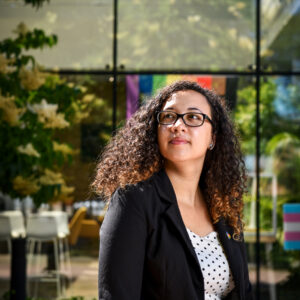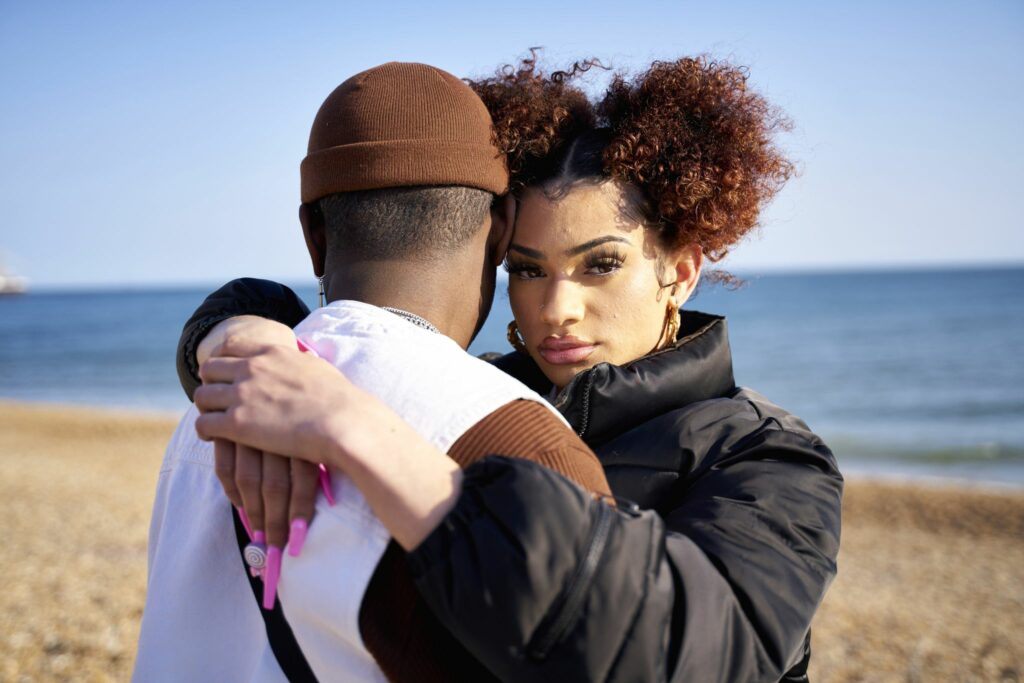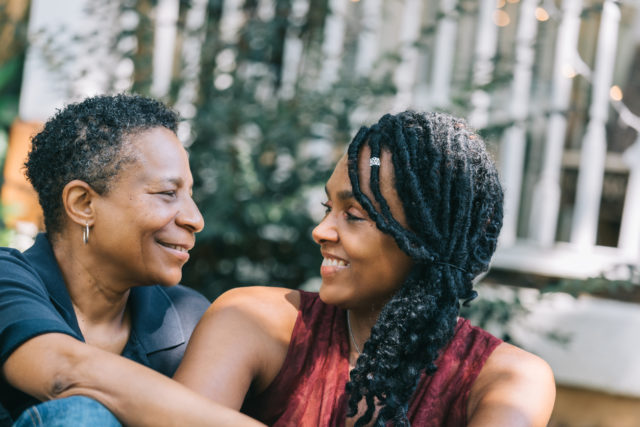Bisexual relationships are as diverse and unique as any other type of romantic partnership. However, due to societal stereotypes and misconceptions, individuals who identify as bisexual may face unique challenges and experiences. In this blog post, we will explore key relationship advice for bisexuals and insights for fostering healthy relationships. Whether you’re bisexual yourself or in a relationship with a bisexual partner, these suggestions can help build a strong foundation of understanding, communication, and support.
Understanding Bisexuality
Defining Bisexuality: Bisexuality is an umbrella term encompassing a range of attractions and identities. It refers to individuals who experience attraction to both their gender and other genders, regardless of the gender binary. It recognizes the fluidity and capacity for romantic or sexual connections with different genders.
Key Points to Understand Bisexuality

- The fluidity of Attraction: Bisexuality acknowledges that attraction is not limited to a single gender. Bisexual individuals may experience their attractions on a spectrum, which can change and evolve. Some may find that their attractions are relatively stable, while others may experience shifts or variations in their preferences.
- Gender Is Not the Sole Factor: Attraction is multifaceted and influenced by various factors such as personality, values, interests, and physical attributes. While gender is undoubtedly a significant aspect of attraction for bisexual individuals, it is not the sole determining factor. People who identify as bisexual recognize and appreciate the complexity of attraction beyond binary definitions.
- Bisexuality is Not a Phase or Experimentation: One common misconception about bisexuality is that it is a temporary phase or a stepping stone to identifying as gay or lesbian. Bisexuality is a valid and distinct sexual orientation, and it should not be dismissed or invalidated. Bisexual individuals have a genuine and enduring attraction to multiple genders.
- Bisexuality Does Not Equal Promiscuity: Another harmful stereotype is the association of bisexuality with promiscuity. This misconception assumes that bisexuality implies an insatiable sexual appetite or a desire for multiple partners. In reality, the number of partners or the frequency of sexual activity is not determined by one’s sexual orientation. It is crucial to separate stereotypes from the reality of individuals’ experiences.
- Bisexuality Is Not Binary: Bisexuality challenges the gender binary by recognizing that attraction can extend beyond the categories of male and female. It acknowledges the existence and validity of non-binary, genderqueer, and other gender identities. Bisexual individuals may experience attraction to people regardless of their gender identity, embracing the rich diversity within the spectrum of gender expression.
Bisexual Relationship Advice

Bisexual relationships, like any other romantic partnership, require understanding, communication, and support to thrive. However, the unique experiences and challenges faced by bisexual individuals can influence the dynamics of these relationships. These are some of the common relationship advice for bisexuals who are in a relationship:
Bisexual individuals often face prejudice, stereotypes, and misconceptions from society. It is crucial to create a safe and accepting environment within the relationship to counteract external negativity. Open discussions about societal biases and shared experiences can strengthen the bond and build resilience.
Communication is Key
In any relationship, effective communication is vital, and this holds for bisexual relationships as well. Open and honest conversations about desires, boundaries, and expectations help establish a strong foundation. Regularly checking in with each other and actively listening without judgment fosters trust and intimacy.
Building Trust
Trust forms the cornerstone of any healthy relationship, and bisexual relationships are no exception. Both partners must prioritize trust-building activities, such as being reliable, honoring commitments, and maintaining confidentiality. Trust allows individuals to feel secure in expressing their desires, exploring their identities, and sharing vulnerabilities.
Embracing Individuality
Bisexual relationships thrive when partners celebrate each other’s unique identities and preferences. Encouraging self-expression and honoring personal journeys contribute to a supportive and inclusive atmosphere. Embrace and appreciate the diversity within the relationship, valuing each other’s experiences and perspectives.
Overcoming Challenges
Bisexual relationships may face challenges such as biphobia, misunderstanding, or erasure. It is important to address these issues together as a team, seeking understanding and support. Creating a safe space to openly discuss concerns and finding strategies to tackle challenges will strengthen the relationship.
Fostering Emotional Support
Providing emotional support is crucial in any relationship, but it takes on added significance in a bisexual partnership. Be attuned to your partner’s emotional needs and offer a non-judgmental and empathetic ear. Validate their experiences and create an environment where vulnerability is embraced.
Mutual Respect and Equality
Respect and equality should be the guiding principles within a bisexual relationship. Acknowledge the importance of consent, shared decision-making, and equal power dynamics. By creating a balanced and respectful environment, partners can foster a strong and harmonious bond.
Managing Jealousy
Jealousy can arise in any relationship, and addressing it openly is essential for its resolution. In bisexual relationships, partners may worry about attraction to other genders. Honesty, reassurance, and regular communication are essential in managing jealousy. Cultivate trust by acknowledging and discussing these emotions.
Exploring Intimacy
Intimacy encompasses the emotional, physical, and sexual aspects of a relationship. Encourage open dialogue about desires, fantasies, and boundaries to ensure both partners feel comfortable and satisfied. Building emotional and physical intimacy requires ongoing exploration, experimentation, and mutual consent.
Seeking External Support
In challenging times, seeking external support can be beneficial for the relationship. Counselors, therapists, or LGBTQ+ support groups offer a valuable space to address complex emotions and gain insights. Don’t hesitate to reach out for professional assistance when needed.
Celebrating Love
Bisexual relationships deserve to be celebrated and cherished. Embrace the love and joy within the relationship, creating shared memories and celebrating milestones. Express your affection and appreciation for each other regularly, fostering a sense of security, happiness, and fulfillment.
Conclusion
Understanding bisexuality requires an open mind, a willingness to challenge stereotypes, and a recognition of the diverse experiences within the bisexual community. By embracing the fluidity of attraction, acknowledging the influence of various factors, and supporting bisexual individuals, we can create a society that respects and values the unique identities and experiences of all individuals, regardless of their sexual orientation. Let us strive for inclusivity, empathy, and equality in our journey toward a more understanding and accepting world.
Relationships are complex, and it’s natural for issues to arise along the way. If you have any queries regarding Relationship Counseling experienced therapists at CoupleMantra can help: Book a trial couple therapy session.


